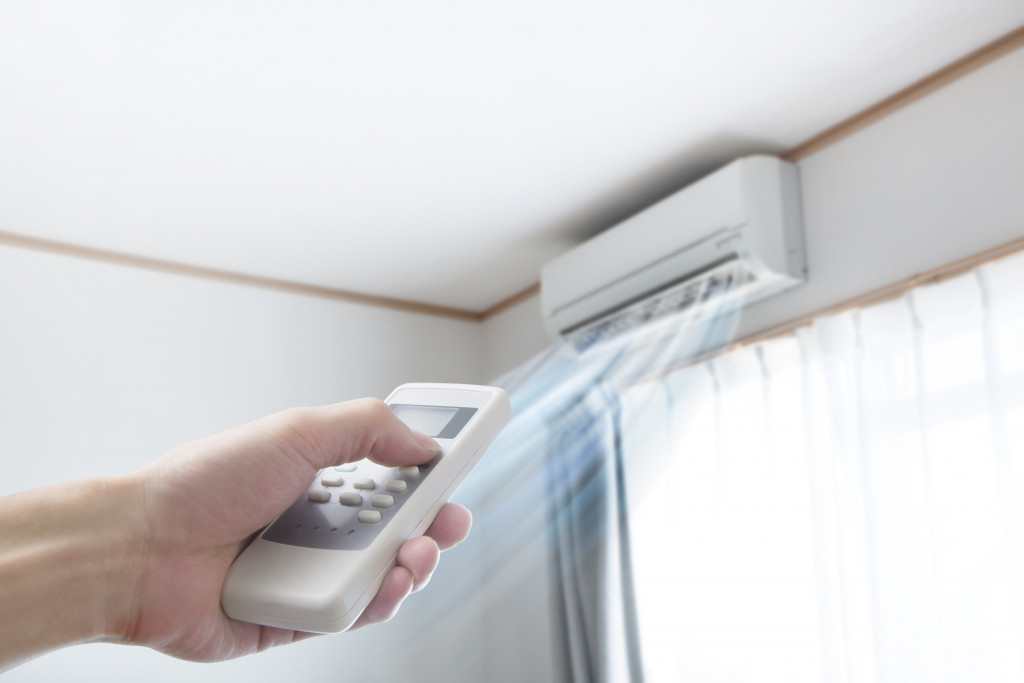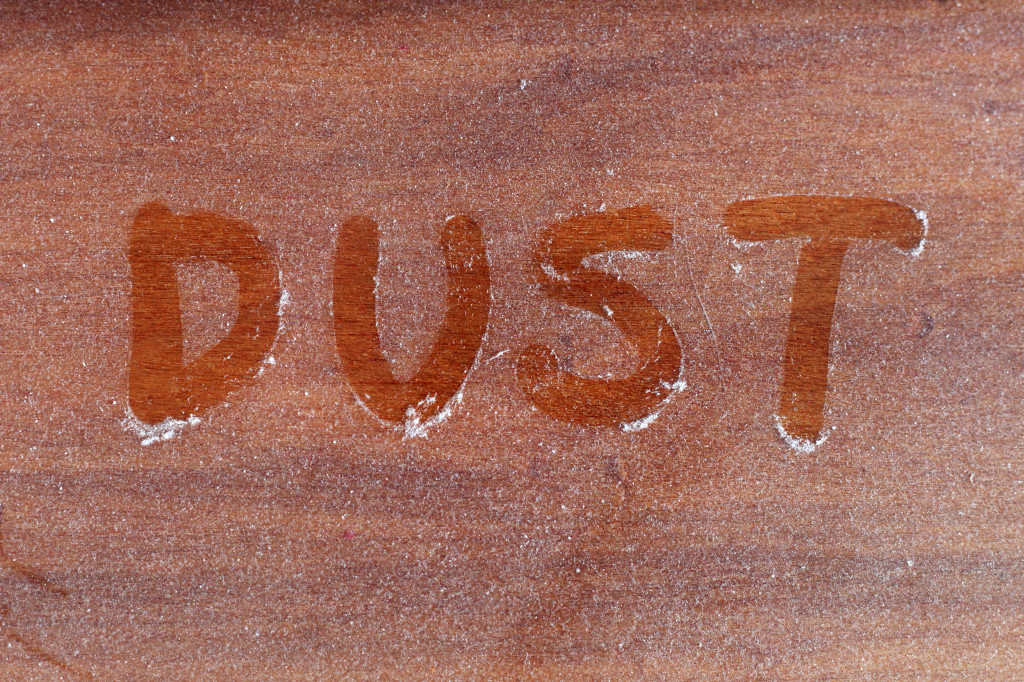- Dust, comprising organic and non-organic particles, can trigger allergies, asthma and impact overall health.
- It threatens electronics by blocking ventilation, causing overheating and potential breakages.
- Accumulated dust can damage furniture surfaces, leading to costly repairs over time.
- Dust buildup around appliances can create fire hazards while contributing to a musty smell at home.
- Regular cleaning, air purifiers, decluttering, and changing air filters can effectively control home dust.
Dust is a common problem that everyone faces in their homes. It is not just unpleasant to see, but it can cause some severe long-term effects on your home and health. Dust is mainly composed of tiny particles of dirt, skin cells, and other debris accumulating in your home over time. You may not notice it, but these particles can cause significant issues if left unattended.
What is Dust?
Dust is more than just a nuisance. It is a complex mixture of particles from various indoor and outdoor sources. These include pollen, pet dander, mold spores, insect waste, and other organic material. In addition to these biological substances, dust contains non-biological particles such as textile fibers, soot, and mineral matter from soil or construction materials.
How Does Dust Affect Your Health?
There are various ways dust can affect your health. Here are some of those ways:
1. Allergies and Asthma
One of the significant problems associated with dust is that it can trigger allergies and respiratory issues, especially for people with asthma. Individuals with asthma are more sensitive to dust because the dust particles can irritate the airways, causing coughing, sneezing, and trouble breathing. If you have inhaled enough dust in your home, it can lead to the development of allergies or even worsen the allergies you already have.
2. Harm Your Electronics
Dust can also harm electronic devices in your home as it covers the electronic components and blocks the airflow needed for proper ventilation. If you haven’t heard of electrostatic discharge, it can build upon electronic devices and cause severe harm to their components. As dust accumulates on these devices’ heating and cooling components, they can overheat, leading to malfunctions or even breakages, causing thousands of dollars in damages.
3. Damage Your Furniture
Dust accumulation on furniture may seem minor, but it can lead to significant damage over time. Dust accumulating on your furniture can act like sandpaper, rubbing away the finish on wood surfaces and creating scratches on leather surfaces. This damage may seem minor at first, but it could be extensive and costly over time.

4. Fire Hazards
Dust buildup from flammable substances can be a significant fire hazard, especially in areas around ovens and other appliances where cooking oil or cleaners accumulate. When you fail to clean the dust up from these areas, it can cause a dangerous ignition when it comes into contact with a spark, flame, or heat source.
5. Musty Smell in Your Home
Besides causing allergies and damaging furniture, dust accumulation can cause a musty smell in your home. The smell usually indicates mold is growing somewhere in your home; dust can significantly create these conditions. Once this smell develops, it can be challenging to eliminate, impacting the overall air quality in your home.
Ways to Control Dust in Your Home
There are various ways you can control dust in your home. Here are some of those ways:
1. Regularly Clean and Vacuum
Regular cleaning and vacuuming can help reduce the dust accumulating in your home. Focus on areas like carpets, rugs, and upholstery where dust accumulates most. Additionally, if you don’t have the time to clean, consider hiring local commercial and domestic cleaning services. These services can help you clean your home regularly, keeping dust at bay.

2. Use Air Purifiers
Air purifiers are an excellent way to reduce the amount of dust in your home’s air. These devices use filters to capture and trap dust particles, preventing them from circulating throughout your home. They are handy for people with allergies or respiratory issues as they can improve air quality and reduce symptoms.
3. Declutter and Organize
Clutter in your home can be a breeding ground for dust. The more items you have, the more surfaces dust can accumulate on. Consider decluttering and organizing your home to limit the amount of dust buildup. Additionally, store items in closed containers whenever possible to prevent them from collecting dust.
4. Change Air Filters Regularly
Air filters in your home’s HVAC system can accumulate significant dust over time. It is essential to change these filters regularly to prevent dust from circulating throughout your home’s air. Neglecting to do so can result in decreased air quality and increased health risks.
Dust may seem minor, but it can have significant consequences if not properly managed. By understanding what dust is and its potential health hazards, you can take steps to control and eliminate it from your home. Remember to clean and change air filters regularly to keep your home dust-free. So next time you see those pesky particles floating around, take action and keep your home and health in check.

